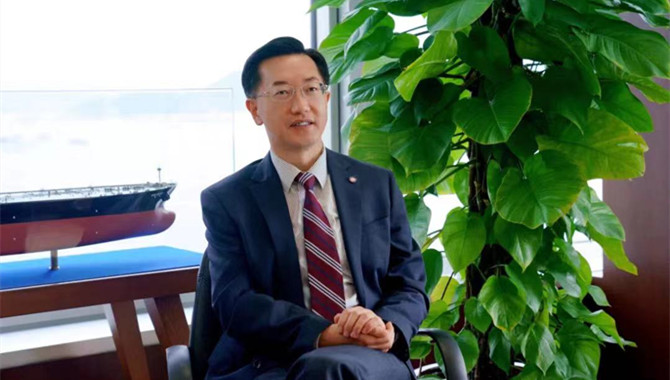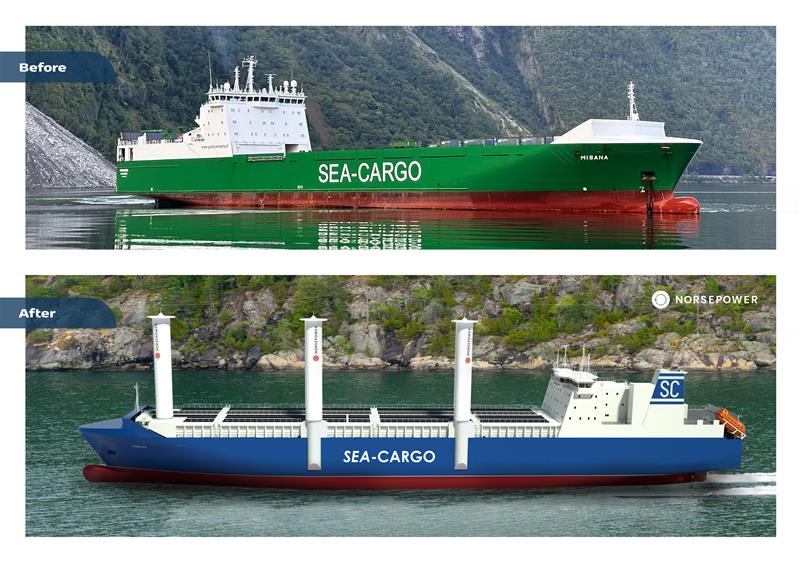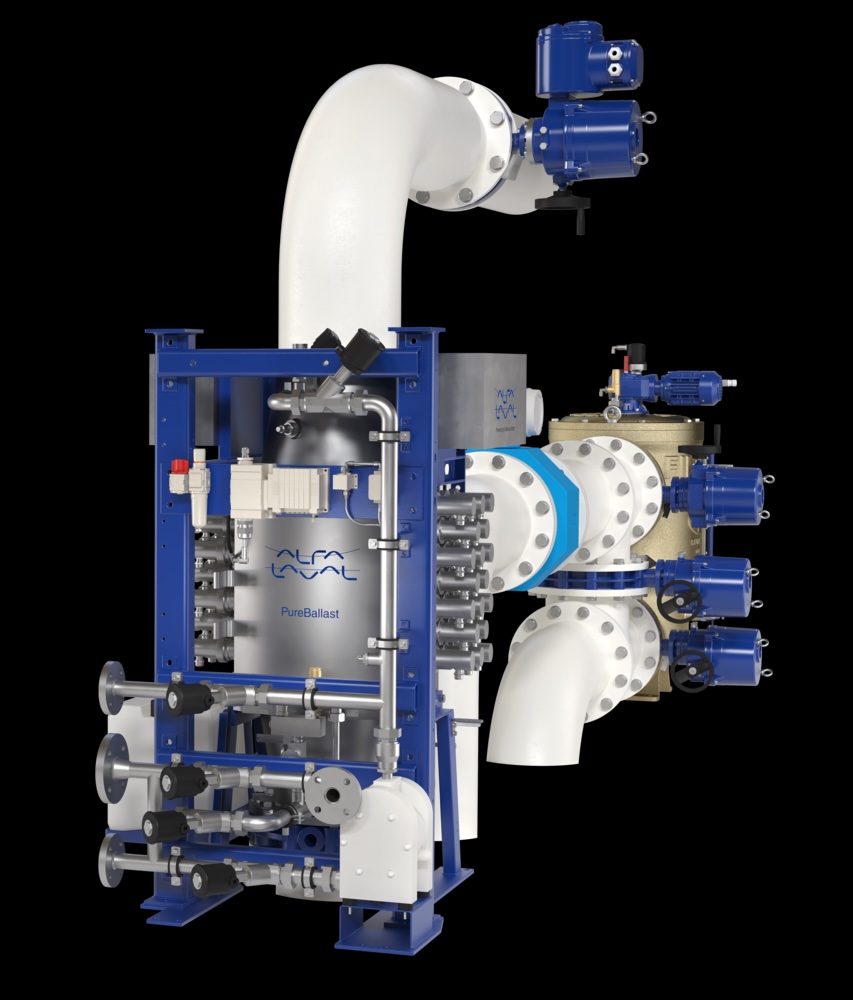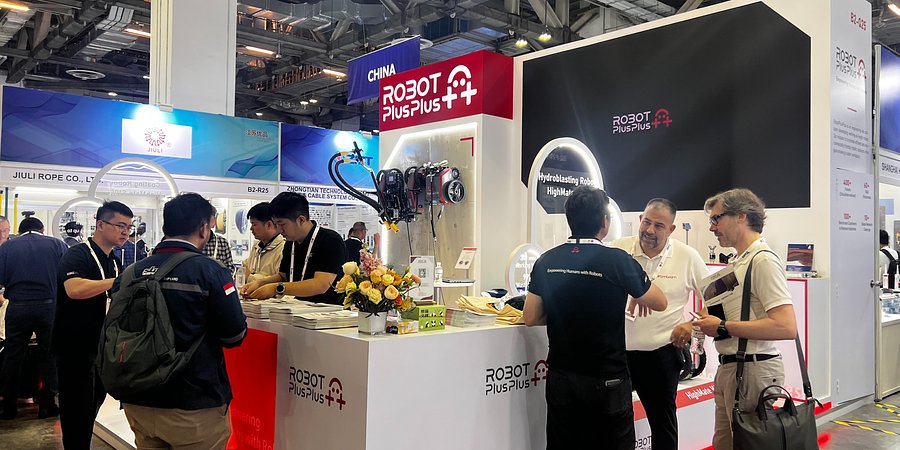
Editor's note: Recently, Wang Yongxin, Managing Director of China Merchants Energy Shipping Co., Ltd. (CMES Shipping), shared his outlook for the development of Hong Kong as a shipping center and CMES' active exploration of the digital transformation, in an interview by 21st Century Business Herald. Wang Yongxin deemed that CMES is based in Hong Kong, relies on China, and faces the world. It will give full play to Hong Kong's strength as an international shipping center, attach great importance to opportunities and challenges brought by the digital economy and new technologies, and support the digital transformation of the international shipping industry. Two special reports of 21st Century Business Herald are summarized below.
"Hong Kong Sets Sail to Develop the Shipping Industry" Chapter I:
With the Rise of the Asian Force, Hong Kong's International Shipping Ecosystem is Flourishing
More than one and a half centuries have passed, since Hong Kong was opened to foreign trade.
As one of the largest shipping centers, this city gathers ship owners, shipping services companies, and maritime transportation practitioners. As of the end of 2021, 9.8% of the global commercial fleet was from Hong Kong, indicating the city's prosperous shipping ecosystem. Meanwhile, Hong Kong was home to more than 900 maritime transportation-related companies offering diverse maritime services.
From 2001 to 2021, Chinese ship owners' fleet scale jumped 7.8 times from 27.9 million gross tonnages to 217.7 million gross tonnages. Wang Yongxin pointed out, "Currently, China possesses 15% of the global fleet (excluding the enormous inland river fleet in China), making it the second largest ship-owning nation. The gradually narrowing gap with Greece marks the rise of the Asian force centering on China."
The Demand for Maritime Transportation Financing is Recovering
European banks have significantly cut their scale of shipping assets since 2008, whereas their counterparts in Asian countries and other emerging economies have raised their investment in shipping assets. Policy-related banks, export credit, leasing, and other alternative financing are increasing, Wang Yongxin said.
At present, among the top 20 financing institutions in the world, two are Chinese banks and three are Chinese leasing companies. After a decade of development, Chinese ship leasing companies' fleet scale totals 128.9 million gross tonnages. Their existing fleet accounts for 8% of the global fleet, and their undelivered ships represent 10% of the existing orders worldwide. Ship finance lease has become a ship financing channel only second to bank loans. China's leasing industry has emerged to be a focus of attention in the global shipping market.
On 25 October 2021, China Merchants Financial Leasing (Hong Kong) Holding Company Limited, an overseas subsidiary of China Merchants Commerce Leasing, signed its first "sustainable development-related syndicated" loan in Shanghai. It is the company's first green loan based on a structure related to ESG sustainable development indicators.
"This loan epitomizes Hong Kong's biggest strength in shipping-related financial services: Home-overseas cooperation. Shipping is a capital-intensive industry that is mutually reciprocal and interactive with finance. Hong Kong, as one of the international financial centers, features a solid foundation for shipping services. Meanwhile, as an Asian center of international ship financing, the city boasts numerous financial institutions engaging in ship financing, strong home-overseas cooperation, diverse institution types, low capital costs, adequate capital, and small liquidity press to shipping enterprises," added by Wang Yongxin.
"Rely on China, Face the World"
The Outline Development Plan for the Guangdong-Hong Kong-Macau Greater Bay Area clearly proposes to consolidate and enhance Hong Kong's status as an international shipping center. Wang Yongxin held that compared with other shipping centers, such as London and Singapore, the most unique advantage of Hong Kong lies in that it "relies on China and faces the world". "The city has a professional advantage in maritime arbitration and maritime finance. The development of Hong Kong as a shipping center should closely connect with the Chinese Mainland market."
"As a platform for enterprises from the Chinese Mainland to 'go global', Hong Kong is highly open and international. Besides, it plays a vital role in the overall planning of the Greater Bay Area and serves as a tie and bridge connecting the city cluster in the Chinese Mainland and the international community. Through the mutual support and integration of equities, capital, technologies, and services, Hong Kong pushes the Greater Bay Area to jointly develop a world-class port cluster, an aviation cluster, and a high-end shipping service cluster," Wang Yongxin said.
"Hong Kong Sets Sail to Develop the Shipping Industry" Chapter II:
Technology Accelerates Transformation, Hong Kong Braves the Wind and the Waves to Develop Green Shipping
Hong Kong, as one of the freest trading economies in the world, features prosperous international trade and excellent port efficiency, and gathers ship owners, shippers, and traders.
Shipping is one of the four pillar industries in the city. However, the maritime transportation and port industries are global businesses characterized by severe competition. The constant changes in international trade and the global economic pattern have brought new opportunities and challenges to Hong Kong's maritime transportation industry.
Digital Shipping: Technology Drives the Shipping Transformation
In Wang Yongxin's opinion, "The bulk commodity trade and transportation industry has a long industry chain, complicated processes, many participants, high management costs, sophisticated business procedures, and low collaboration efficiency. Additionally, enterprises use information separately, due to the lack of a unified information sharing mechanism."
In view of this, last year, CMES Shipping developed and launched the Belt and Road Intelligent Trade and Transportation Chain (BRITC), a blockchain-powered digital eco-chain and digital platform for the trade and transportation of bulk cargo. According to Wang Yongxin, up to now, Phase I basic applications, such as the BRITC maritime service platform, the BRITC document and contract systems, and the BRITC supply chain information services, have been established. With international iron ore transportation as a pilot project, CMES has verified the application of such business scenarios as shipping by chartering, cargo tracking, and port coordination and operation with related trading parties, maritime transport carriers, port operators, and agency companies, and the research and development of further scenario expansion.
Jointly Propose "Hong Kong Solutions" for the Greater Bay Area
The "14th Five-Year" Plan supports Hong Kong to enhance its status as an international financial, shipping, and trade center. Hong Kong will give full play to its existing strengths, while integrating into the overall development of the country, which strongly stimulates the industry.
New trends, such as digitalization, intellectualization, and green development, as well as the application of new technologies, such as the Internet of Things (IoT), big data, cloud computing, and blockchain, will profoundly change the development pattern and business management model of the shipping industry. Accordingly, industry rules will change, resulting in new systems, mechanisms, and rules.
Under the positioning of turning the Greater Bay Area into "an international scientific and technological innovation center with a global influence", Hong Kong and the Chinese Mainland cities in the Greater Bay Area should strengthen communication and exchange, seize the historic opportunities of the Greater Bay Area "during the building of an open regional community of collaboration and innovation, the creation of a high-level carrier and platform of scientific and technological innovation, and the optimization of the regional innovation environment", and give full play to their respective advantages to jointly propose innovative "Hong Kong Solutions" to the industry, suggested by Wang Yongxin.
Source: CMES Shipping
The opinions expressed herein are the author's and not necessarily those of The Xinde Marine News.
Please Contact Us at:
media@xindemarine.com


 Sea-Cargo and Norsepower continue their collaborati
Sea-Cargo and Norsepower continue their collaborati  Alfa Laval expands its portfolio with ultrasonic an
Alfa Laval expands its portfolio with ultrasonic an  Alfa Laval PureBallast 3 Ultra secures orders from
Alfa Laval PureBallast 3 Ultra secures orders from  RobotPlusPlus Wows Maritime Professionals with Carg
RobotPlusPlus Wows Maritime Professionals with Carg  Alfa Laval secures first contract for ammonia fuel
Alfa Laval secures first contract for ammonia fuel  GNV Tests RINA’s Machine Learning and Predictive
GNV Tests RINA’s Machine Learning and Predictive